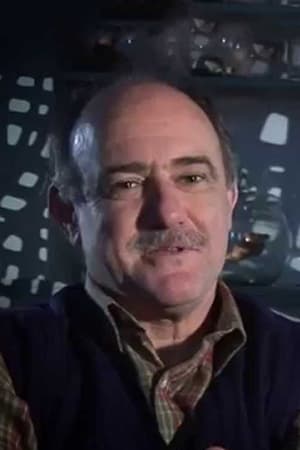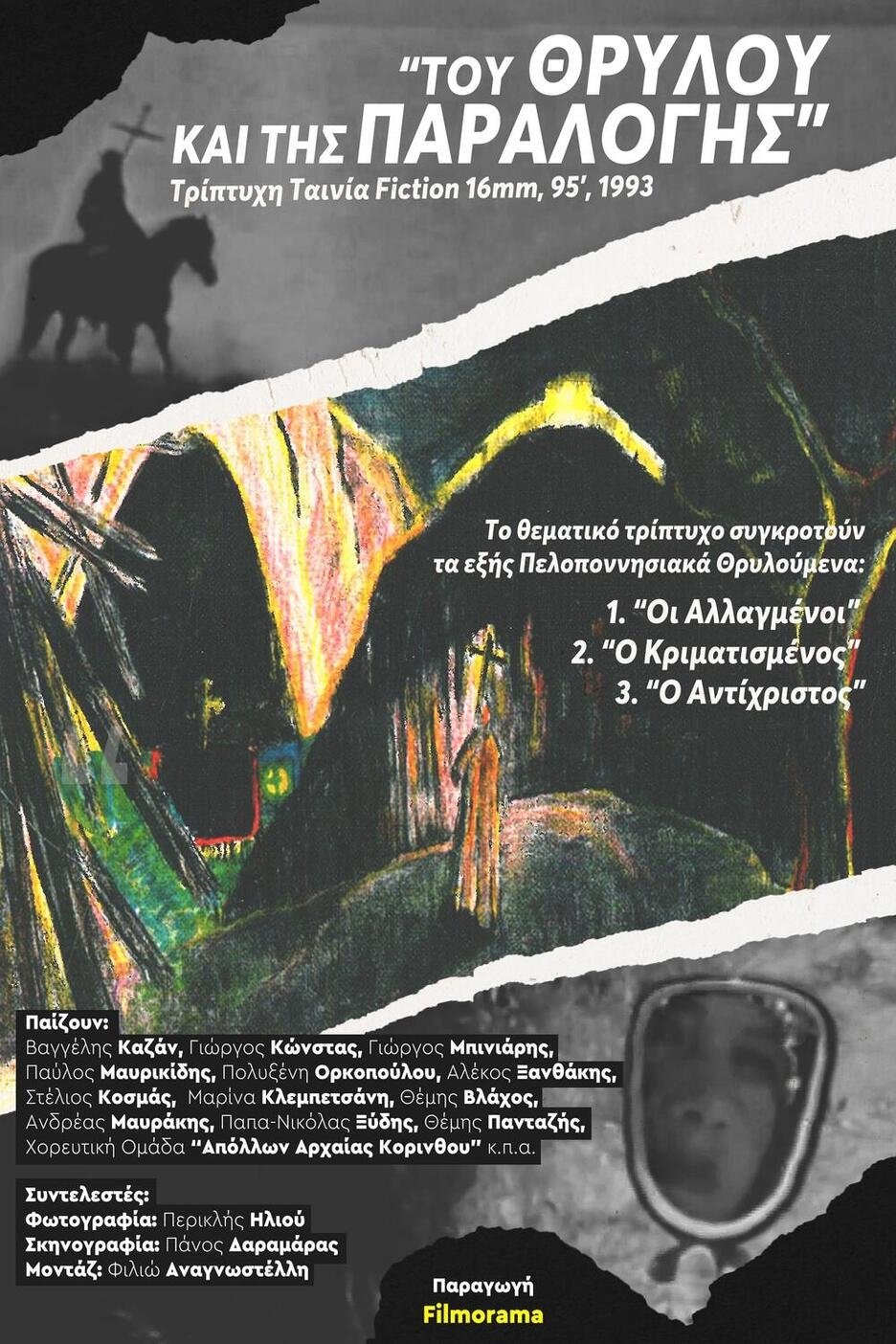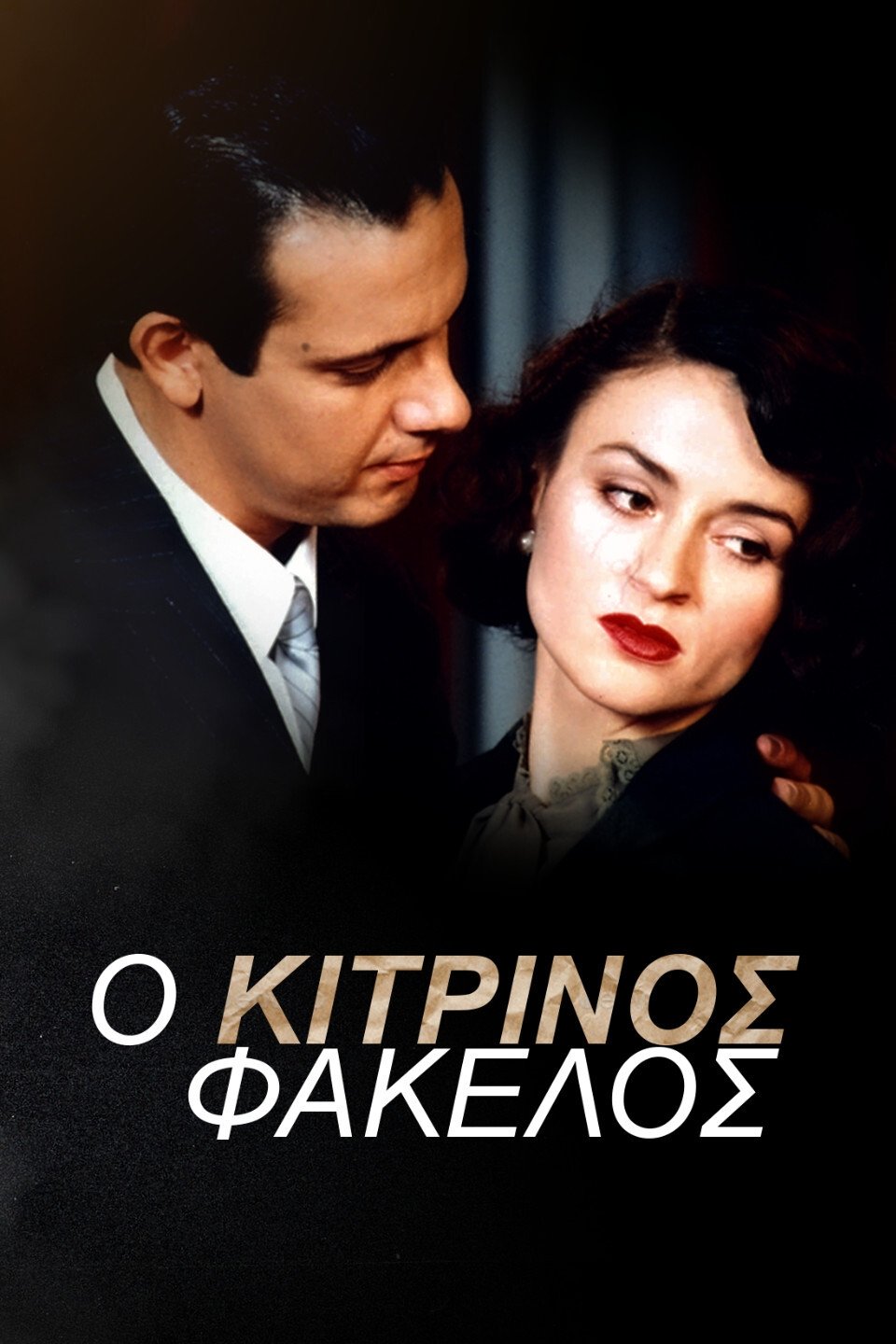

George Konstas (born in Piraeus in 1949) studied at the Drama School of the Piraeus Association and at the Piraeus Conservatory (classical singing and flute). He also studied dance and worked in Zouzou Nikoloudi's Chorika and Rallou Manou's Chorodrama. For several years he worked at the National Theater with directors Alexis Minotis, Alexis Solomos, Spyros Evangelatos and others. From 1983 to 1987 he took over the theater department of the Alberus Magnus Gymnasium in Southern Germany.m In 1991-1992, through the Municipality of Corinth and the support of the European Union, he directed a program on the Study of Ancient Drama, which resulted in the creation of a large theater group and the staging of Euripides' tragedy "Bacchae" in the ancient theaters of Corinth. He starred in many theatrical works such as "The Handmaids" by Jean Genet, directed by himself, "Death and the Daughter" by Dorfman, directed by Pantelis Voulgaris, "Totenfloss" by Harald Müller, directed by Ersis Vasilikiotis, "Trachiniae" by Sophocles, directed by Nikos Diamantis, "Behind the Scenes" by Sartre, directed by himself, "The Conservator", a play of his own, directed by himself. He played key roles in Greek cinema and television films. George Konstas passed away on Saturday, January 17, at the age of 65.


A triptych film inspired from Peloponnesian folk tales: "The Changed",...
